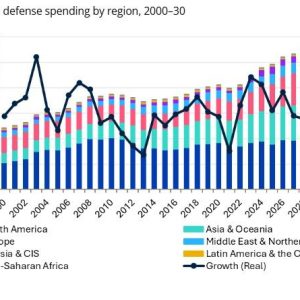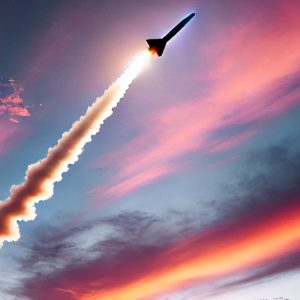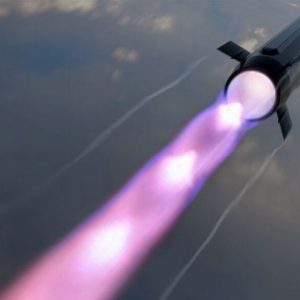In an era where space is becoming increasingly congested with debris, West Virginia University (WVU) researchers are boldly venturing into the skies to revolutionize the way we track and manage lethal space debris. This groundbreaking approach holds the promise of enhancing space sustainability and mitigating the risks associated with orbital debris.

The Challenge of Lethal Space Debris
Importance of Track and Manage Lethal Space Debris
As humanity’s presence in space expands, so does the amount of debris orbiting our planet. Discarded satellites, spent rocket stages, and fragments from collisions pose a significant threat to active satellites, the International Space Station (ISS), and future space missions. Addressing this challenge is imperative for ensuring the long-term viability of space activities.
The Need for Innovative Solutions
The accumulation of space debris presents a complex problem that demands innovative solutions. Conventional tracking methods fall short in providing real-time data on the precise location and trajectory of debris, hindering efforts to avoid potential collisions and safely navigate through space.
Pioneering New Methods in Space Debris Tracking
WVU’s Revolutionary Approach
WVU researchers have embarked on a pioneering mission to Track and Manage Lethal Space Debris. Their approach involves the deployment of advanced technology that combines ground-based observations with spaceborne sensors. This novel combination allows for accurate real-time tracking and monitoring of lethal debris, enabling timely collision avoidance manoeuvres and informed decision-making.
Bridging the Data Gap
One of the key breakthroughs of WVU’s approach is the ability to bridge the gap between ground observations and space-based measurements. By integrating data from multiple sources, researchers can create a comprehensive and up-to-date picture of debris movement, contributing to safer and more effective space operations.
The Significance of Space Sustainability
Advancing Space Sustainability
The innovations driven by WVU researchers extend beyond immediate damage control. By providing a more precise understanding of debris dynamics, their methods contribute to the overarching goal of space sustainability. Safer navigation, reduced collision risks, and improved debris management collectively pave the way for a more sustainable and prosperous space environment.
Collaborative Efforts for a Safer Space
Space sustainability is a collective endeavour that requires the cooperation of governments, space agencies, and private entities. WVU’s research not only advances our technological capabilities but also fosters collaboration in addressing a shared challenge that transcends borders.
FAQs
Q1: What is lethal space debris?
A1: Lethal space debris refers to discarded satellites, fragments, and objects in orbit that pose a risk to active satellites, space missions, and the ISS due to potential collisions.
Q2: How does WVU track space debris?
A2: WVU researchers utilize a combination of ground-based observations and space-borne sensors to accurately track and monitor space debris, enabling collision avoidance manoeuvres.
Q3: Why is space sustainability important?
A3: Space sustainability ensures the long-term viability of space activities by reducing collision risks, enhancing navigation, and promoting responsible debris management.
Q4: How does WVU’s approach contribute to space sustainability?
A4: WVU’s innovative tracking methods contribute to space sustainability by improving debris monitoring, collision avoidance, and overall space environment safety.
Q5: What role does collaboration play in space sustainability?
A5: Space sustainability requires cooperation among various stakeholders, including governments, space agencies, and private entities, to address the challenges posed by space debris.
In conclusion, WVU researchers are leading the charge in redefining how we approach lethal space debris tracking and management. Their groundbreaking methods not only address immediate risks but also lay the foundation for a more sustainable and secure space environment. As space activities continue to evolve, WVU’s innovative approach serves as a beacon of hope, ensuring that humanity’s ventures into the cosmos are marked by responsibility, ingenuity, and a commitment to preserving the future of space exploration.











